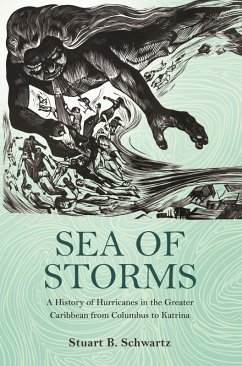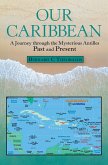A panoramic social history of hurricanes in the CaribbeanThe diverse cultures of the Caribbean have been shaped as much by hurricanes as they have by diplomacy, commerce, or the legacy of colonial rule. In this panoramic work of social history, Stuart Schwartz examines how Caribbean societies have responded to the dangers of hurricanes, and how these destructive storms have influenced the region's history, from the rise of plantations, to slavery and its abolition, to migrations, racial conflict, and war.Taking readers from the voyages of Columbus to the devastation of Hurricane Katrina, Schwartz looks at the ethical, political, and economic challenges that hurricanes posed to the Caribbean's indigenous populations and the different European peoples who ventured to the New World to exploit its riches. He describes how the United States provided the model for responding to environmental threats when it emerged as a major power and began to exert its influence over the Caribbean in the nineteenth century, and how the region's governments came to assume greater responsibilities for prevention and relief, efforts that by the end of the twentieth century were being questioned by free-market neoliberals. Schwartz sheds light on catastrophes like Katrina by framing them within a long and contentious history of human interaction with the natural world.Spanning more than five centuries and drawing on extensive archival research in Europe and the Americas, Sea of Storms emphasizes the continuing role of race, social inequality, and economic ideology in the shaping of our responses to natural disaster.Some images inside the book are unavailable due to digital copyright restrictions.
Bitte wählen Sie Ihr Anliegen aus.
Rechnungen
Retourenschein anfordern
Bestellstatus
Storno









